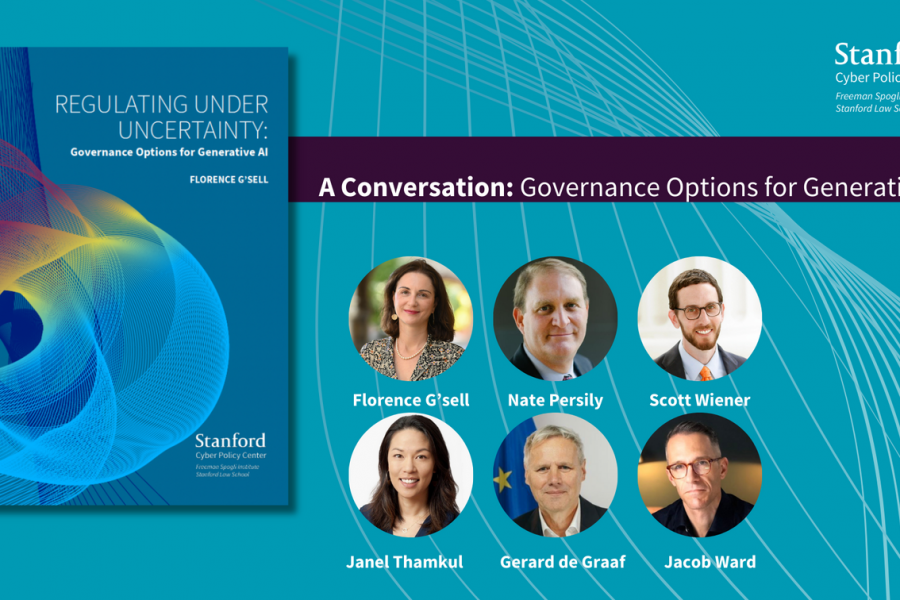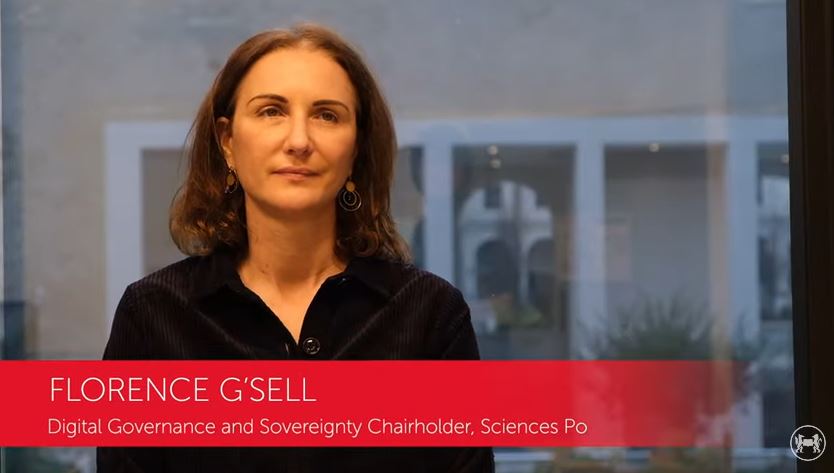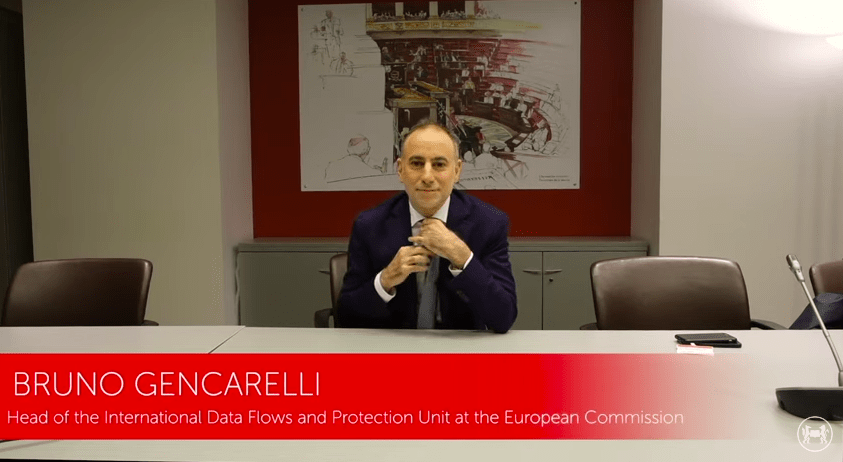Digital Sovereignty
The expression “digital sovereignty” seems to refer to the capacity of States to ensure that their rules are respected by the various actors in the online world. In this respect, this notion expresses the difficulties that States sometimes face in exercising their traditional functions in the face of powerful transnational actors with an indisputable technological lead. These difficulties are all the more important as States are sometimes dependent on these actors, because they need technological services (such as cloud computing) to perform their public functions. Thus, the expression “digital sovereignty” unquestionably has a legal aspect, since it refers to the prerogatives of the State and its ability to regulate contemporary technological giants. But it also has an economic and industrial aspect, in that it reflects the need to catch up with a technological gap that places Europe and France in a situation of dependence.
This thematic dossier is therefore dedicated to the different aspects of digital sovereignty, which concern both the exercise of state prerogatives in cyberspace and the question of technological independence, also known as “strategic autonomy”. This dossier also deals with the issue of “data sovereignty”, which refers to the need to maintain control over data as a form of strategic asset.
Additional contributions are available on the French version of this page.
1 June 2025
Internet Fragmentation’s Outward Turn This article aims to demonstrate that Internet fragmentation has turned outward. Internet fragmentation is often […]
24 April 2025
The increasing use of artificial intelligence (AI) in creative processes is raising multidisciplinary issues regarding the use of copyrighted material […]
8 November 2024
FOREWORD This report addresses technological sovereignty in artificial intelligence (AI) within the European Union (EU). AI is widely regarded as […]
29 October 2024
On October 28th, The Stanford Cyber Policy Center organized a dynamic panel discussion in celebration of the release of its […]
26 September 2024
In the wake of recent transformative events reshaping platform governance, Can Şimşek conducted an interview with Professor Kate Klonick, member […]
24 September 2024
The title of the report by Florence G’sell published by Stanford Cyber Policy Center – “Regulating Under Uncertainty: Governance Options […]
21 June 2024
This policy brief explores the challenges to monetary sovereignty in the digital age, addressing the risks posed by digitalization and […]
11 June 2024
By Luca Lefevre What are the defining differences between sovereignty in general and digital sovereignty? The traditional concept of sovereignty […]
15 May 2024
France’s Endeavor to Surpass the Digital Service Act: Analyzing the SREN Act and Its Prospects Amid Disagreements with the EU […]
19 April 2024
In this exclusive series of 3 video-interviews, Professor Florence G’sell, Sciences Po Digital Governance and Sovereignty Chairholder, delves into the […]
22 February 2024
On December 13th 2023, Sciences Po’s Chair Digital, Governance and Sovereignty held its annual Conference on: “The EU-US Data Privacy […]
21 February 2024
On December 13th 2023, Sciences Po’s Chair Digital, Governance and Sovereignty held its annual Conference on: “The EU-US Data Privacy […]













